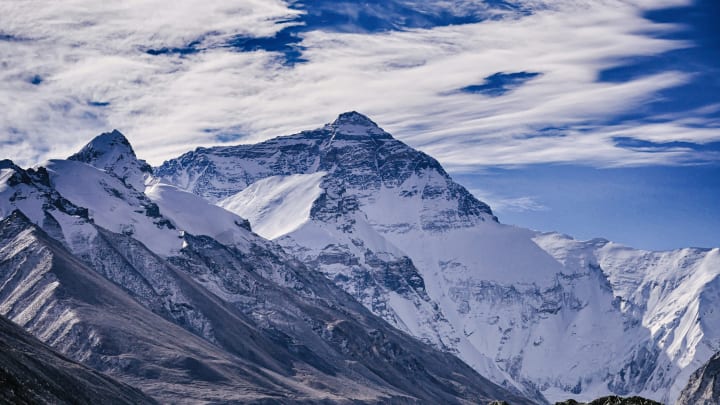Dramatic Rescue Saves Two Russian Climbers On Treacherous Pakistani Peak

A dramatic rescue operation unfolded in northeast Pakistan as two Russian climbers were saved after being stranded on a remote peak for six days due to injury. The rescue effort, which involved local volunteers and the Pakistani army, was a race against time, complicated by severe weather conditions and the remote location of the climbers. Unfortunately, one member of the expedition currently remains missing and is presumed dead.
The five-member Russian team was on a mission to retrieve the body of a fellow climber who had died last year on one of the peaks of Gasherbrum in Pakistan. On Friday, the group was hit by a massive ice fall, leaving two climbers critically injured and unable to move. Initial rescue efforts succeeded in airlifting two climbers on Monday, but further planning was necessary to reach the remaining two, who were stranded in a precarious position according to the Associated Press.
On Tuesday, an army helicopter, with the help of local climbers, managed to rescue the injured pair, Mikhail Mironov and Sergei Mironov. However, a third climber is believed to have fallen into a crevasse during the incident and could not be located. Another climber is believed to have died in the avalanche.
The rescue team, including local climbers Yousuf Ali, Muhammad Ali, Ghulam Abbas, Muhammad Younus, and Russian climber Evgeni Lablokov, demonstrated exceptional bravery and selflessness in the rescue. The stranded climbers were initially transported by army helicopters to an altitude of 6,000 meters (19,685 feet), as the helicopters could not operate at higher elevations.
After being moved to a base camp, the injured climbers, Mikhail Mironov and Sergei Mironov, were reported to be in stable condition and housed in a winterized tent. However, poor weather conditions, including heavy snowfall and low visibility, hampered efforts to transport them to the northern city of Skardu. The rescue team, led by local climbers and the Pakistani army, had to search for alternative methods to get them to a hospital, such as using snowmobiles or waiting for a break in the weather to airlift them.
The Russian team, which took an unusual and dangerous route on Gasherbrum, was not accompanied by guides. Karrar Haidri, the secretary of the Alpine Club of Pakistan, acknowledged that the climbers were hit by the ice formation while “ascending the mountain for a noble cause,” but he still warned against such endeavors. “Climbers are fully aware of the dangers linked to such missions, but they still opt for dangerous and unexplored routes,” he said. “This is how climbers make records but also come across challenges.”
